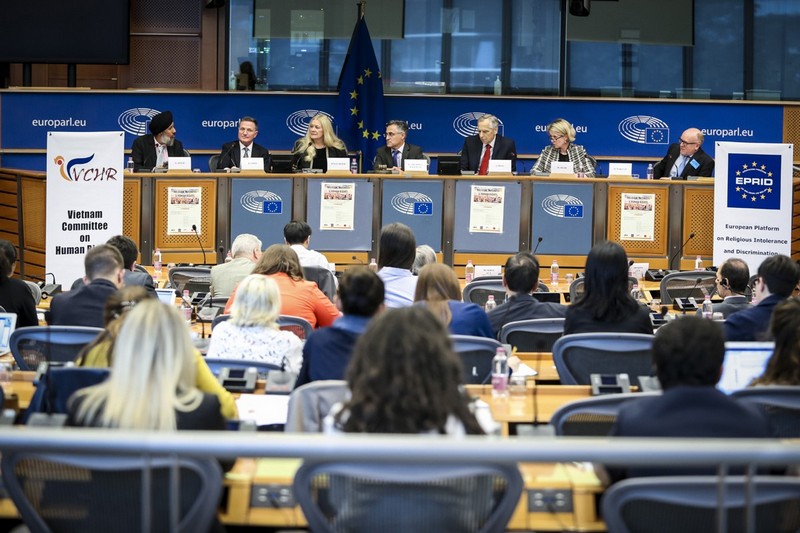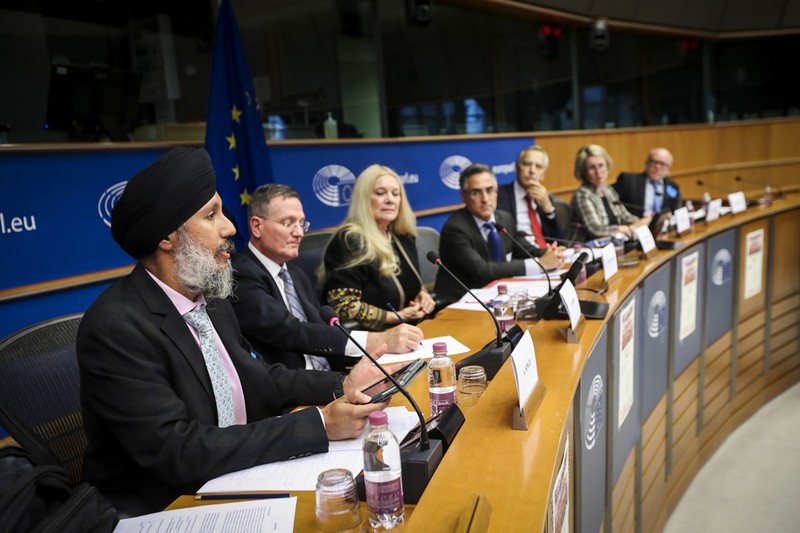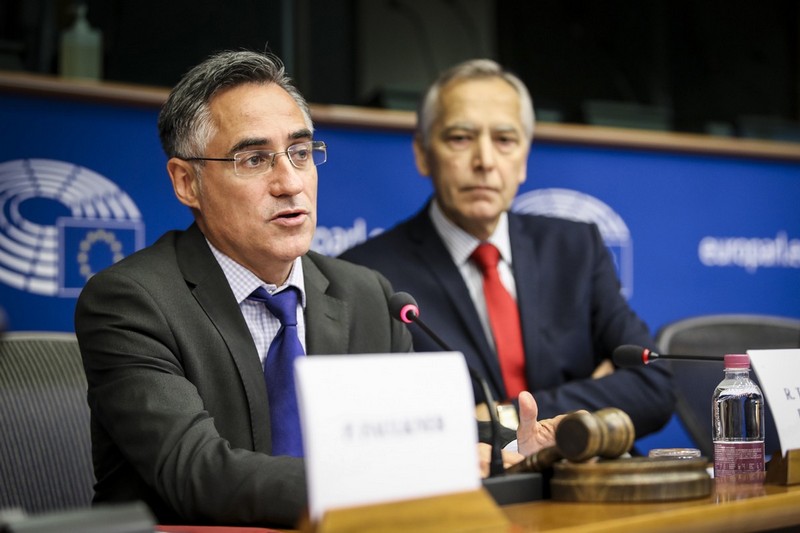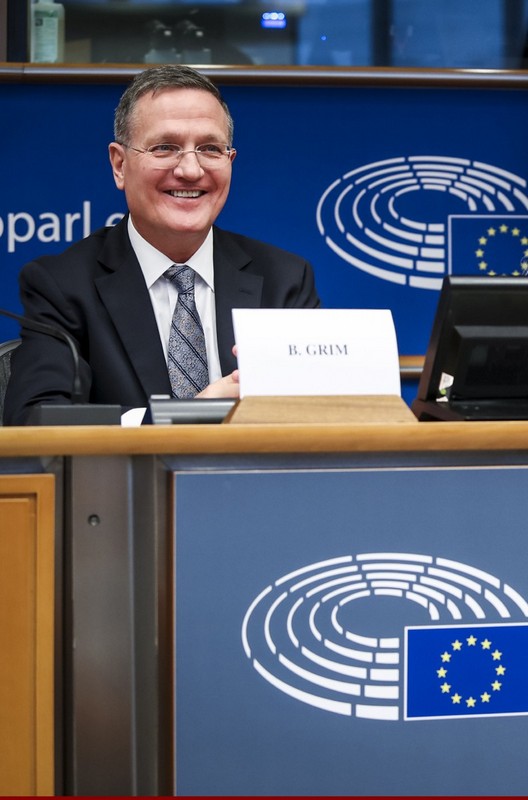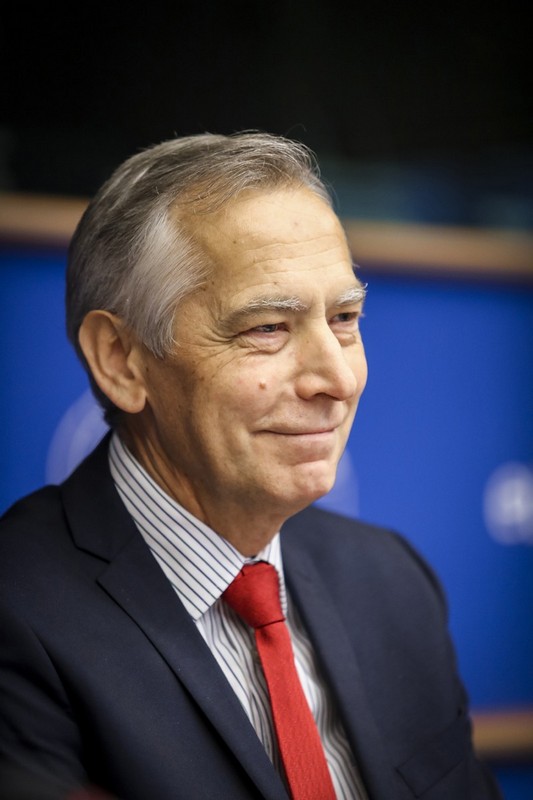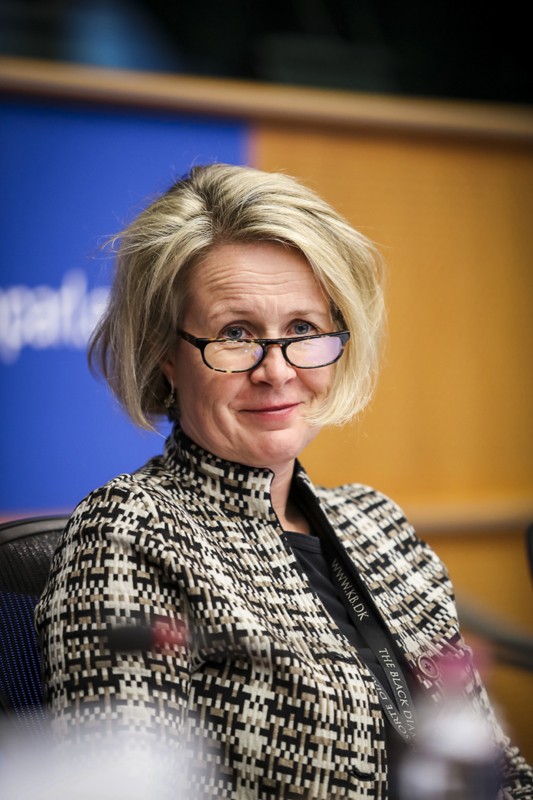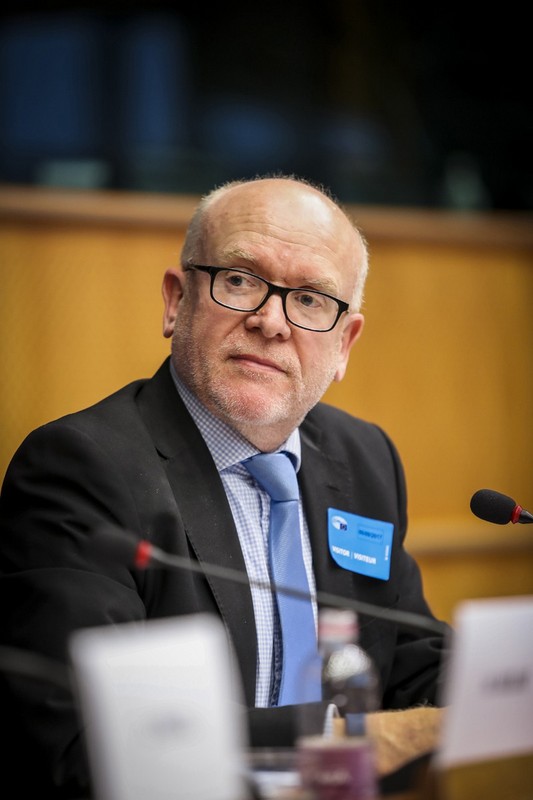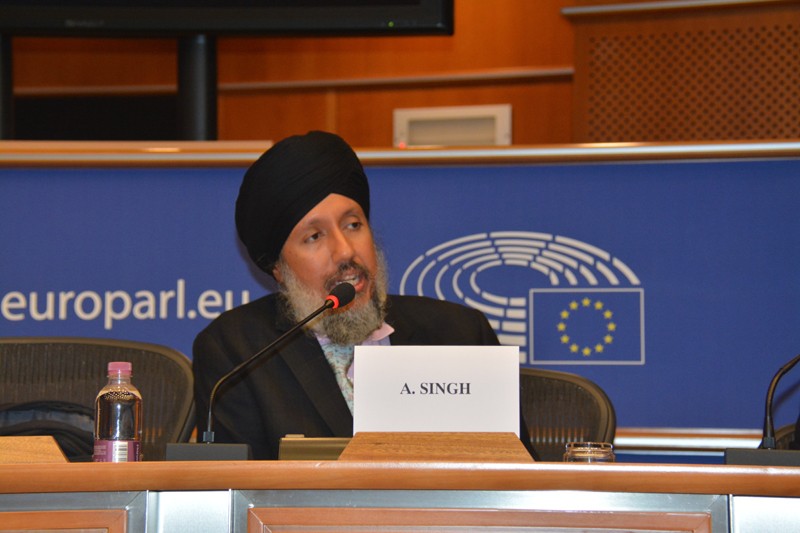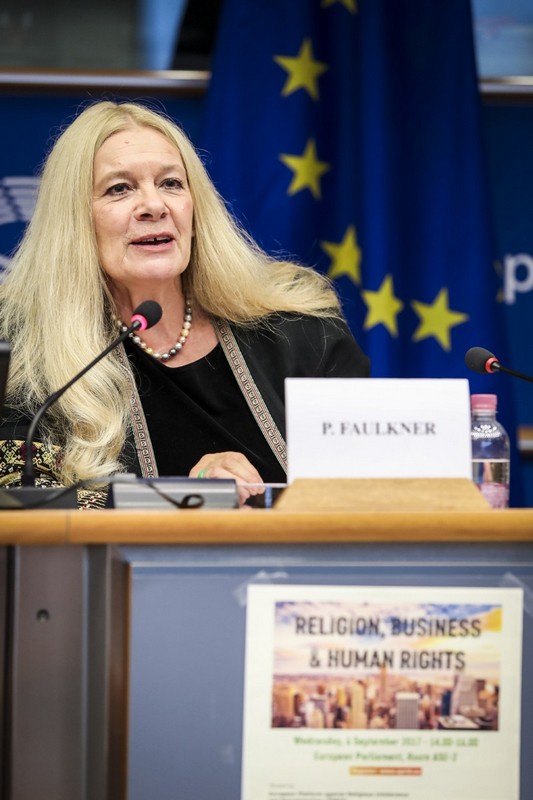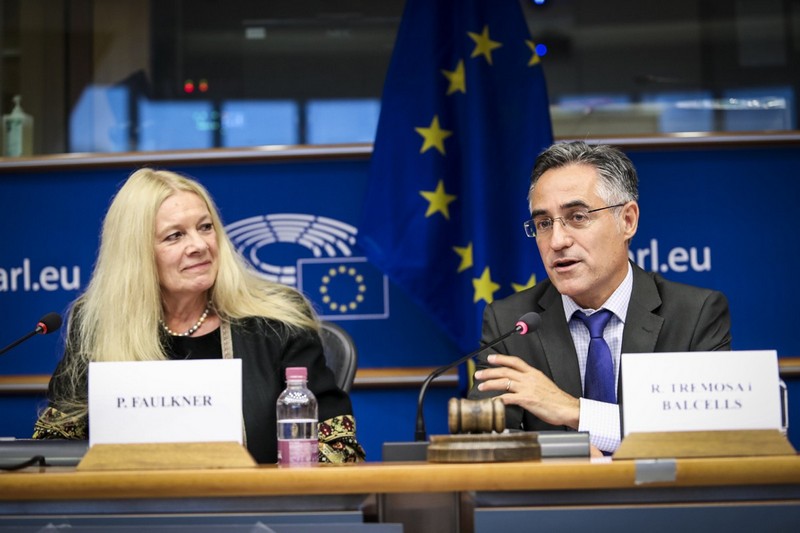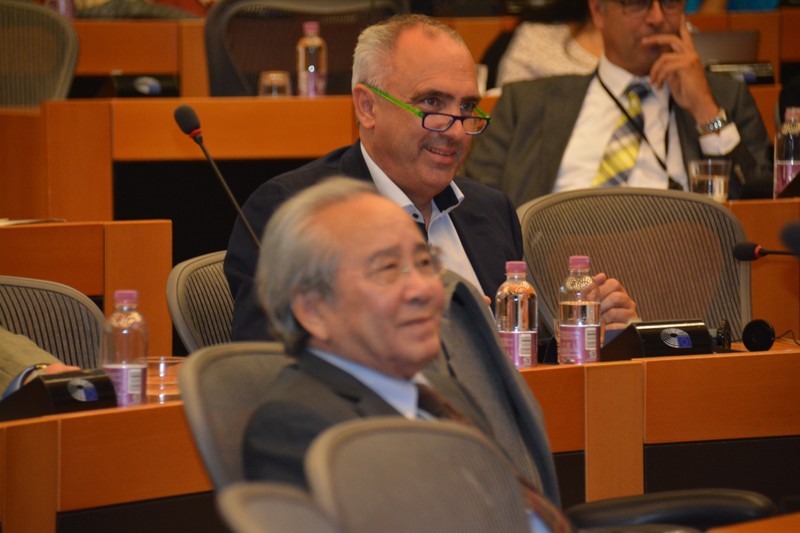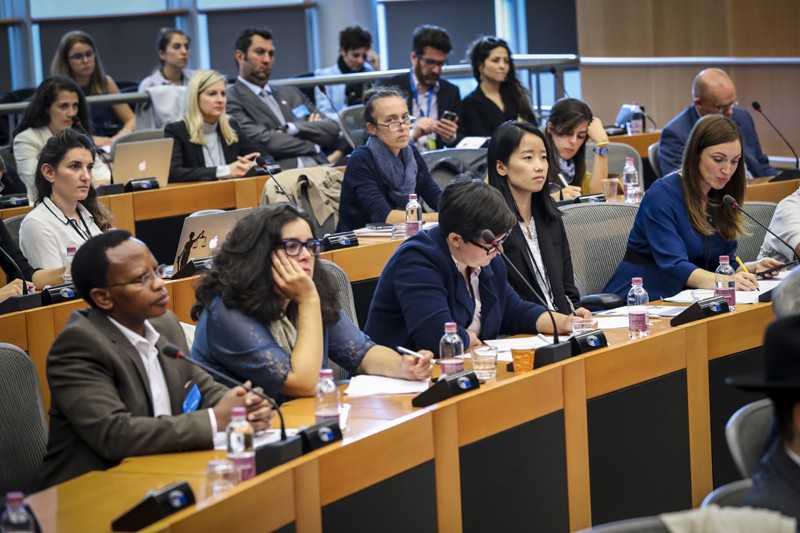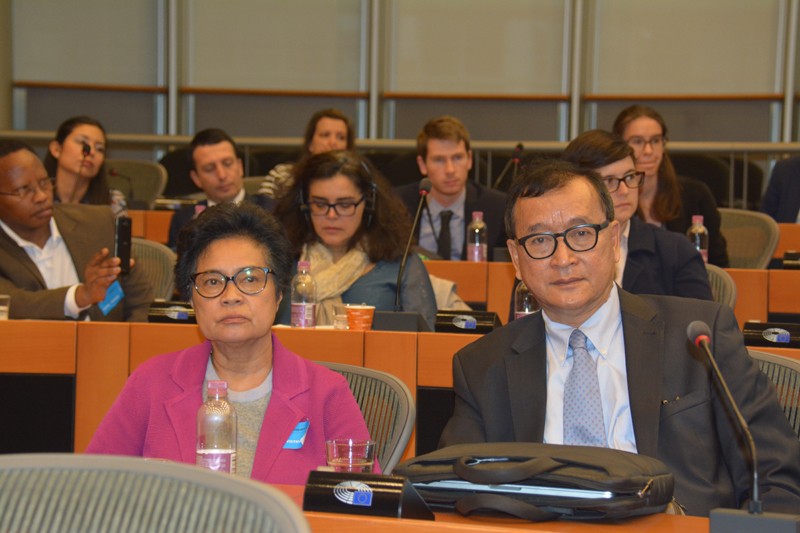 by Amy Andrus and Athelia Graham, 2017 ICLRS Student Fellows
by Amy Andrus and Athelia Graham, 2017 ICLRS Student Fellows
Brian J. Grim, founder and president of the Religious Freedom & Business Foundation, conducted a workshop at the 2017 Religious Freedom Annual Review entitled “Using Business to Advance Religious Freedom.”
Grim discussed the Corporate Pledge on Freedom of Religion or Belief (FoRB), a new instrument medium-to-large companies can sign that publicly demonstrates a commitment to practice no preference or discrimination based on employees’ religion. Grim asserted that the Pledge sends a clear message to current and prospective employees of a given business that “you can work here without changing who you are.” According to Grim, FoRB can become “one component of a company’s overall strategy to value its employees and increase their loyalty,” which benefits employees, employers, customers, and shareholders alike.
Grim’s Religious Freedom & Business Foundation is also developing a corporate diversity index, based on a 0–100 scale, that will rate workplaces worldwide on their religious freedom policies and practices. Companies that reasonably accommodate employees’ religious beliefs will receive favorable scores in addition to other benefits, such as boosting employee morale, increasing employee retention, reducing religious-based litigation, and avoiding harm to reputation. Grim stated that statistics indicate promoting religious freedom in the workplace and elsewhere is associated with more general social values as well, such as gender equality, sustainable economic development, reduced corruption, better education, and healthier human and social development.
According to Grim, religion will become a more contested space in our society, given statistics that decreasing numbers of Americans affiliate with a particular religion, but those who affiliate with a religion do so more strongly. He shared a prediction that “the next ‘big thing’ companies will have to navigate is religion.” Therefore, Grim argued, the Pledge is timely and will serve as a preventive measure to keep religious freedom and expression issues from becoming problematic in the workplace.
The four commitments of the pledge are 1) promoting sustainable and innovative business through protecting freedom of religion or belief, 2) promoting non-discrimination and non-harassment on the basis of religion or belief, 3) promoting religious accommodations and inclusion of religious beliefs, and 4) protecting and promoting freedom of religion or belief in our communities.
The pledge as well as additional information and resources for employers and employees to implement the pledge can be found below:
Video Recording | PowerPoint Presentation | Corporate Pledge

